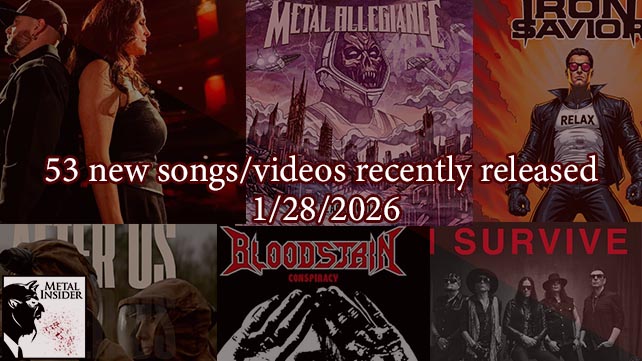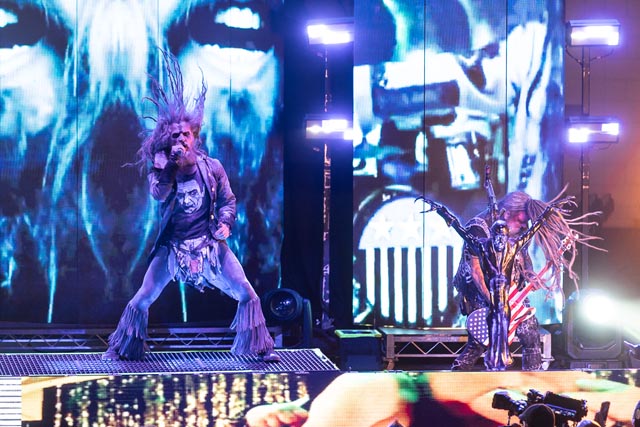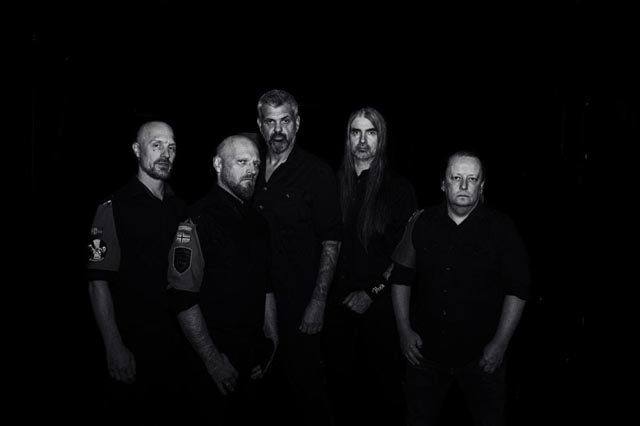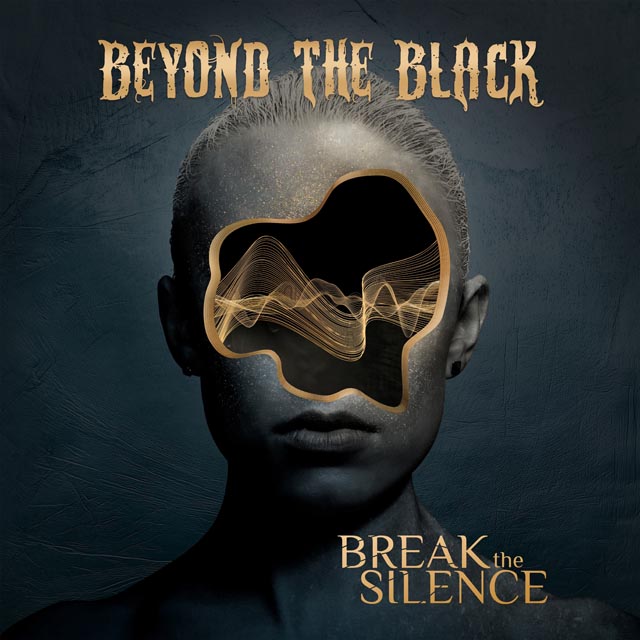 As they did last year, Google has, without warning, deleted a number of established music blogs hosted on its Blogger service. The shutdown is due to alleged copyright infringement complaints, though at least one blogger claims his posts were all pre-cleared with labels or PR firms. You may have seen the controversy as the trending Twitter hashtag #musicblogocide2k10.
As they did last year, Google has, without warning, deleted a number of established music blogs hosted on its Blogger service. The shutdown is due to alleged copyright infringement complaints, though at least one blogger claims his posts were all pre-cleared with labels or PR firms. You may have seen the controversy as the trending Twitter hashtag #musicblogocide2k10.
From Hypebot:
In an email sent to I Rock Cleveland, Pop Tarts, Masala, To Die By Your Side, It’s a Rap, Living Ears and perhaps others, Google said that it had been sent multiple copyright infringement notices from record labels. Each blogger awoke to find years of posts deleted and a notice from Google’s Blogger team, “We’d like to inform you that we’ve received another complaint regarding your blog.” said Google. “Upon review of your account, we’ve noted that your blog has repeatedly violated Blogger’s Terms of Service. Given that we’ve provided you with several warnings of these violations and advised you of our policy towards repeat infringers, we’ve been forced to remove your blog. Thank you for your understanding.”
“I do admit, I’ve been accused of infringement before, but in each and every case it happened after posting an mp3 pre-cleared by a label or pr-firm,” I Rock Cleveland blogger Bill Lipold tells Hypebot. “The IFPI, acting unknown to the label, would find me a couple months later and file a claim.”
“I like to think that me and my blog, I Rock Cleveland, were one of the good guys,” continued Lipold. “I worked closely with labels and pr firms, being careful not to step on anyone’s rights, careful not to post any audio which wasn’t approved for promotional purposes. I provided news and reviews for a small, dedicated readership in Cleveland. I Rock Cleveland wasn’t about free music or piracy, but about getting people to think about what they’re listening to and exposing them to new sounds. Still, I got caught up in this mess.”
Unfortunately these unwarranted (if they are, in fact, unwarranted) actions and similar cease & desist notices occur because the independent firms hired to police piracy are usually never in sync with labels’ promotion and publicity departments. Another layer of complexity is often added when artists, their managers and their publicists solicit coverage on their own, sometimes before checking with the labels. Without knowing more about the specific alleged infringements, it’s difficult to say whether Google acted appropriately or not in these cases.
Regardless, in this case, the labels probably aren’t the bad guys, but it’s shocking an effort hasn’t been made to create some sort of “safe” list for these DMCA enforcement services and to open up the lines of communication with the labels’ publicity channels. It’s not stopping or preventing piracy, and it’s not fair to the artists who need the publicity, the promotion people working their asses off for them or the sites kind enough to help promote them.












